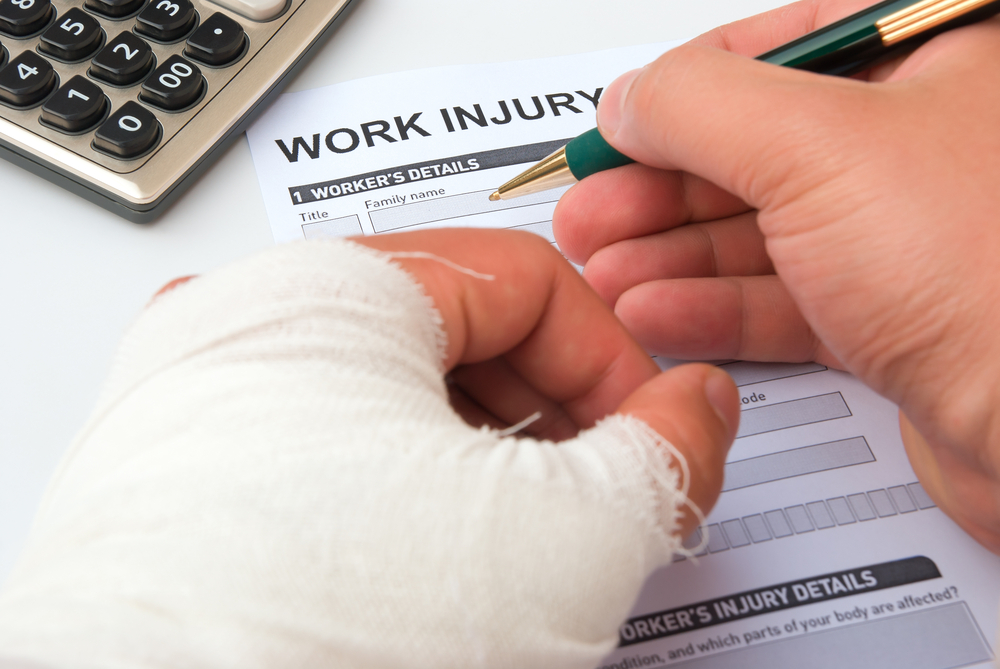In the world of personal injury law, documentation plays a crucial role in the success of a case. Whether you’re dealing with a minor accident or a severe injury, keeping detailed records of your injuries and treatment can significantly impact the outcome of your claim. This article will delve into the importance of documenting your injuries and treatment, providing insights that can help you navigate the legal process more effectively.
Understanding the Role of Documentation
Documentation serves as a tangible record of your experiences, pain, and suffering. It provides evidence of the extent of your injuries, the treatments you’ve undergone, and the impact these have had on your life. Without proper documentation, it may be challenging to prove the severity of your injuries and the need for compensation.
Why Documentation Matters
- Evidence of Injury: Detailed medical records serve as concrete evidence of your injuries. They include diagnoses, treatments, and any changes in your condition over time.
- Proof of Treatment Costs: Documentation helps establish the costs associated with your treatment, including medical bills, therapy sessions, and any necessary equipment or medications.
- Impact on Daily Life: Records of missed work, reduced productivity, or inability to perform daily activities due to injury can demonstrate the personal and financial toll of your situation.
- Legal Requirements: Many jurisdictions require specific types of documentation to support personal injury claims. Ensuring you have all necessary documents can streamline the legal process.
Steps to Effective Documentation
- Maintain Medical Records: Keep all medical records, including doctor’s notes, prescriptions, and test results. These documents should detail the nature of your injuries, the treatments you’ve received, and any ongoing care needs.
- Document Personal Impact: Record any changes in your ability to work, engage in hobbies, or perform daily tasks. This includes notes on physical limitations, emotional distress, and any adjustments made to your lifestyle due to your injury.
- Keep Track of Expenses: Document all expenses related to your injury, including medical bills, transportation costs to and from appointments, and any modifications to your home or vehicle necessitated by your injury.
- Use a Journal: A personal journal can be an invaluable tool for recording your experiences, feelings, and observations about your recovery process. This can provide a narrative context to your medical records.
- Photographic Evidence: Take photographs of your injuries at various stages of healing, as well as any scars or permanent damage. Visual evidence can be powerful in illustrating the extent of your injuries.
Documenting your injuries and treatment is not just a legal requirement; it’s a critical step in ensuring you receive fair compensation for your suffering. By maintaining thorough records, you can provide a clear picture of your experience, making it easier for your attorney to build a compelling case on your behalf. Remember, every detail matters in personal injury law, so take the time to document everything accurately and completely.
At Parisi Law Firm, we understand the importance of documentation in personal injury cases. Our team of experienced attorneys is committed to helping you navigate the legal process with ease, ensuring you receive the compensation you deserve. Contact us today to learn more about how we can assist you with your personal injury claim.






